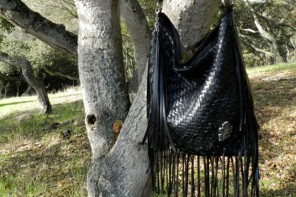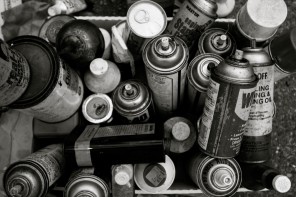There are tax cuts for energy-saving appliances and cars, why not for eco-fashion?
While many of us can agree that moving toward a sustainable clothing industry is important, without a viable economical solution to creating and purchasing these items, the industry may not be, well, sustainable.
Following the RE: Fashion Summit and recent arguments by Estethica, the eco-forward fashion initiative by the British Fashion Council, came the campaign to offer tax breaks to business and consumers of sustainable clothing. Supported by numerous design houses, the campaign recognizes the need to be commercially suitable.
“Sustainability within the fashion industry, the second largest employer in the UK, needs to be more than just personal choice, it needs to make sense for businesses and consumers,” said Harold Tillman, Chairman of the British Fashion Council.
“We are calling on all parties to recognize the impact that tax breaks could make on one of the UK´s most exciting and innovative industries by supporting those who are working in a sustainable way and making it attractive to all businesses to be more ethical,” he continued.
Designers and manufacturers are becoming more creative in their greening up than ever before, and up-and-coming designers are focusing on sustainable fashion. Recently featured at an exhibition at the Royal College of Art was Merel Karhof´s Wind Knitting Factory. The designer was inspired by the way the breeze flowed through street cul de sacs, and created a wind-powered knitting machine. Using no human power or energy other than the wind, the machine knits tube-shaped scarfs!
The clothing industry is one of the environment´s biggest offenders, so eco-friendly initiatives are important. In order to make the largest impact possible, companies large and small should feel pushed to move in that direction. Though it would be nice if everyone simply wanted to go green for green´s sake, it may take offering more of the money kind of green to really get the ball rolling.
Source: Tonic
The liveeco team





